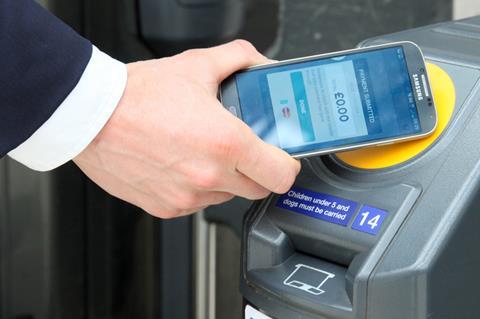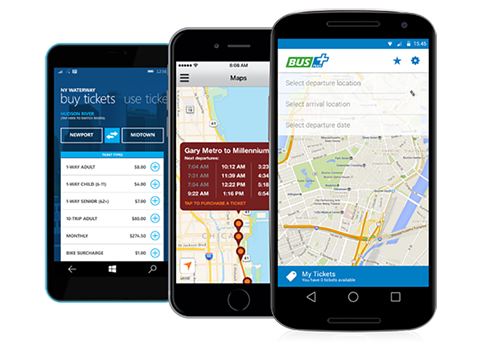
UK: The formal closure of the Integrated & Smart Travel programme was recommended to the Transport for the North board at its meeting on February 18. However, TfN is considering options to retain smart travel functionality in its area, funded out of its core budget.
A funding envelope of £150m had been agreed for the IST programme in 2015, but DfT has decided to cease funding the project in 2021-22.
The scheme was designed to pass through a number of phases. Good progress had been made with Phase 1, Smartcards on Rail. This involved Northern, TransPennine Express and Merseyrail, and prior to the onset of the Covid-19 pandemic had seen around 80% of paper season ticket holders converting to smartcard seasons.
Phase 2 delivered flexi-season capability across a large swathe of northern England’s rail network, with ticketing products aimed at the needs of the less-frequent commuter. These are widely seen as an essential product for a post-pandemic world.
Phase 3 was to have delivered a region-wide multi-modal pay-as-you-go account-based ticketing system with a ‘fair price promise’ using contactless bank cards.
However, a number of unregulated bus operators deployed their own contactless systems while Phase 3 was being developed, leading TfN to conclude ‘there was insufficient commitment from enough operators to continue with the procurement’.
Instead TfN refocused Phase 3 on delivering contactless pay-as-you-go rail travel, with the Phase 4 to be the deployment of localised schemes for contactless pay-as-you-go ticketing across bus, light rail and ferry services.
The proposals submitted to DfT were held up pending the outcome of the spending review, and the funding settlement letter dated January 4 2021 indicated that no further DfT funding would be made available for the continuation of the IST programme.
TfN’s said this was ‘incredibly disappointing’, noting that the £33m requested for 2021-22 would have delivered multi-modal contactless payment in participating areas as ‘a key element in providing travellers with the confidence to use public transport as we recover from the pandemic’.

The TfN board paper noted that the end of IST ‘may impact the return of customers to public transport in the short term and the speed of exit from emergency measures in the medium term’. It also said that ‘TfN will be less able to interface to the Rail Delivery Group, DfT Rail and other parties in delivery of PAYG on rail and TfN may no longer have digital travel specialists’.
DfT has agreed to meet the costs of completing the winding-down process.
TfN is, however, considering options to retain smart travel functionality in its area, funded out of its own budget. The options are:
- wind down the programme and retain no IST capability;
- wind down the programme but fund a smart travel and fares capability with a budget of around £100 000;
- wind down the programme but allocate £500 000 in 2021-22 to either develop a business case for smart travel or carry out a small pilot project.
TfN’s March board meeting will consider a business plan setting out a recommended approach.



